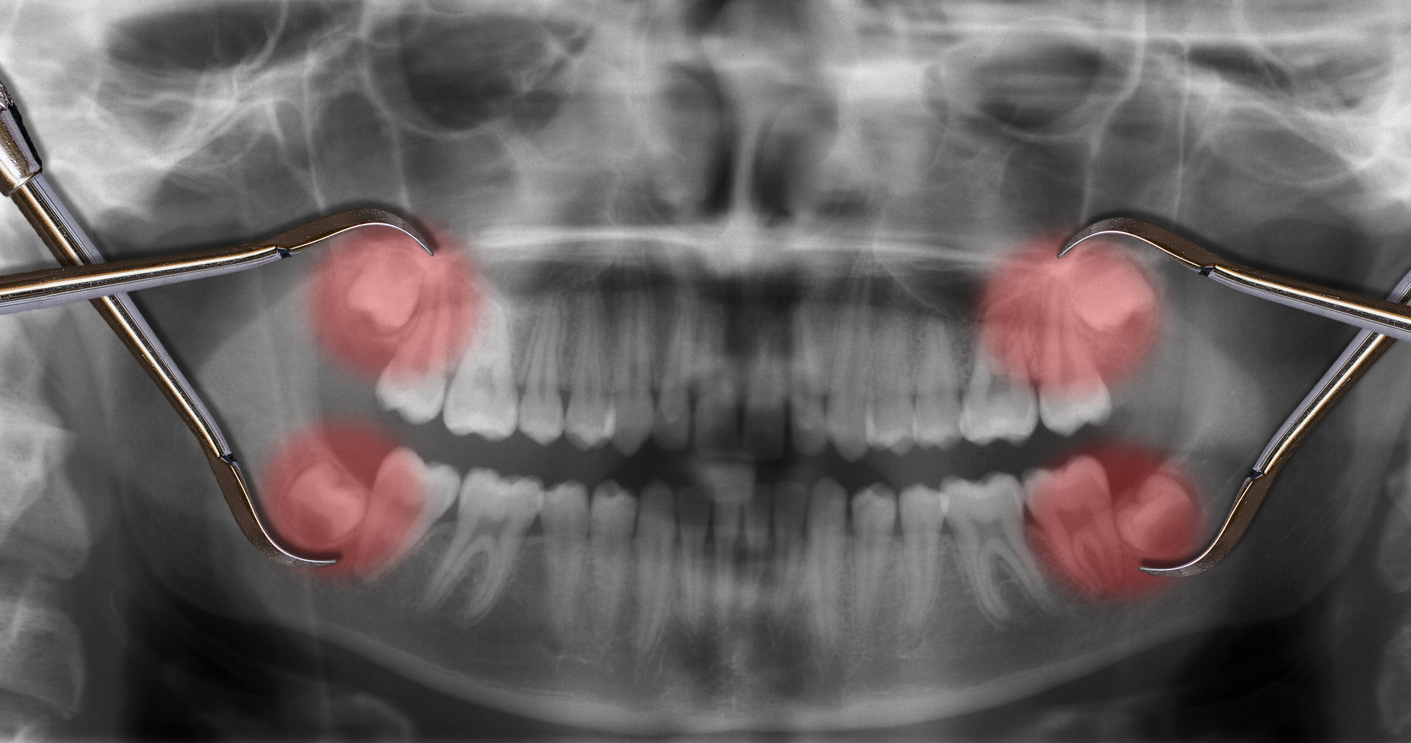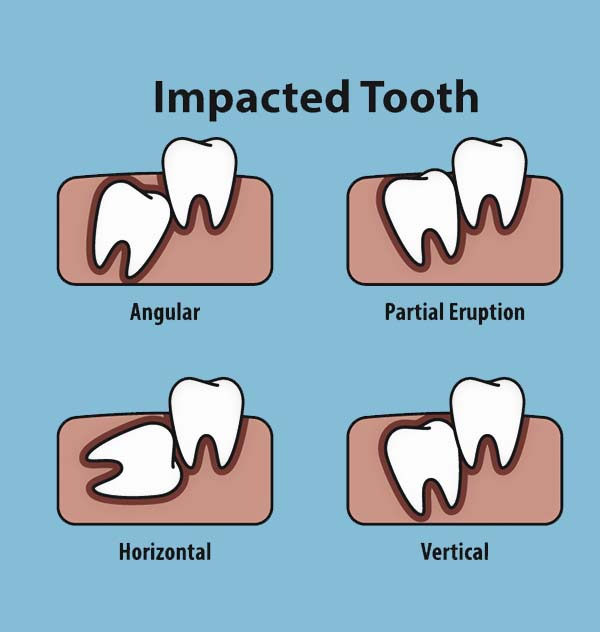Planning For Wisdom Teeth Removal Aspendale: Vital Advice for Individuals
Planning For Wisdom Teeth Removal Aspendale: Vital Advice for Individuals
Blog Article
Checking Out Different Sedation Options for a Comfortable Knowledge Teeth Removal Experience
The usage of sedation throughout such procedures has actually ended up being significantly typical to alleviate anxiety and pain. With a variety of sedation options readily available, from local anesthesia to basic anesthetic, each technique offers differing degrees of relaxation and pain control.
Regional Anesthetic
Local anesthesia is a typically utilized approach for numbing particular areas of the mouth throughout wisdom teeth extraction procedures. By carrying out a local anesthetic, such as lidocaine, a dental expert can ensure that the individual remains comfy and pain-free throughout the extraction procedure.
Among the key benefits of local anesthetic is its targeted numbing effect, which suggests that just the specific location being dealt with is impacted. This localized technique decreases the risk of systemic adverse effects and enables for a quicker healing post-procedure. Additionally, regional anesthesia is taken into consideration to be a risk-free and routine technique in dentistry, with marginal dangers included when provided by a skilled expert.
Laughing Gas
Nitrous oxide, commonly recognized as giggling gas, is a type of sedation typically used in dentistry to help people kick back during dental treatments. This sedation alternative allows the individual to stay receptive and mindful throughout the procedure while feeling at simplicity and comfy.
When the mask is eliminated, the effects of the gas put on off swiftly, enabling people to resume their regular activities without lingering sedative effects. Nitrous oxide is ideal for people of all ages, making it a versatile sedation choice for wisdom teeth removals and various other oral treatments.
Dental Sedation
Dental sedation, a medicinal method utilized in dental care, involves the administration of sedative medicines by mouth to cause a loosened up state during oral procedures. This form of sedation is commonly made use of for patients undergoing wisdom teeth extraction to alleviate anxiousness and pain. The medicines prescribed for dental sedation come from a course of drugs called benzodiazepines, which have sedative, anxiolytic, and amnesic residential or commercial properties. Normally, the individual takes the prescribed medication prior to the treatment, allowing ample time for the sedative impacts to hold.
Unlike intravenous sedation, dental sedation does not need needles or shots, making it an extra comfy option for people with an anxiety of needles. In addition, oral sedation is thought about effective and safe when provided by qualified dental professionals.
IV Sedation
Administered intravenously by trained physician, IV sedation is an effective approach made use of to cause a regulated state of deep leisure and unconsciousness during oral treatments. Unlike dental sedation, which can be uncertain in its effects, IV sedation permits specific control over the degree of sedation, making it an excellent selection for intricate procedures like wisdom teeth extractions.
During IV sedation, a sedative medicine is provided straight right into the bloodstream through a vein, enabling it to work rapidly and successfully. This method guarantees that the patient continues to be uninformed and comfortable of the treatment while still keeping vital this functions such as breathing and heart rate.
One of the main advantages of IV sedation is its capability to give a deeper level of sedation contrasted to various other methods, making it especially ideal for patients with high levels of anxiety or those undergoing considerable dental job (wisdom teeth removal aspendale). Additionally, the effects of IV More hints sedation generally subside slowly after the procedure, decreasing the chance of grogginess or sticking around side effects. In general, IV sedation offers a efficient and safe alternative for ensuring a comfy and worry-free experience throughout wisdom teeth extraction

General Anesthesia
Having actually discussed the advantages of IV sedation for wisdom teeth removal, the usage of basic anesthesia offers an alternative option for patients needing a deeper degree of unconsciousness during dental treatments. General anesthetic causes a regulated state of unfamiliarity, guaranteeing the person feels no discomfort or discomfort during the extraction process. This method is specifically advantageous for people with serious oral anxiety, complicated medical requirements, or those going through numerous extractions concurrently.
General anesthesia is provided by an experienced anesthesiologist that carefully keeps an eye on the person's crucial signs throughout the treatment. It involves the usage of intravenous medications or inhaled gases to induce a state of unfamiliarity. While under general anesthesia, the person will certainly not recognize the surgical treatment, experience any pain, or have any kind of recollection of the treatment afterward.
Although basic anesthesia is safe when administered by certified professionals, it brings a somewhat higher threat compared to various other sedation choices - wisdom teeth removal aspendale. People thinking about general anesthetic for knowledge teeth removal ought to talk about the prospective threats and advantages with their dentist or oral cosmetic surgeon to make an educated choice based upon their private demands and case history

Final Thought
In final thought, different sedation options are readily available check out this site to make certain a comfy knowledge teeth removal experience. Dental sedation and IV sedation offer much deeper degrees of leisure, depending on the individual's demands.
Nitrous oxide is appropriate for people of all ages, making it a flexible sedation option for wisdom teeth extractions and other oral procedures.

Report this page